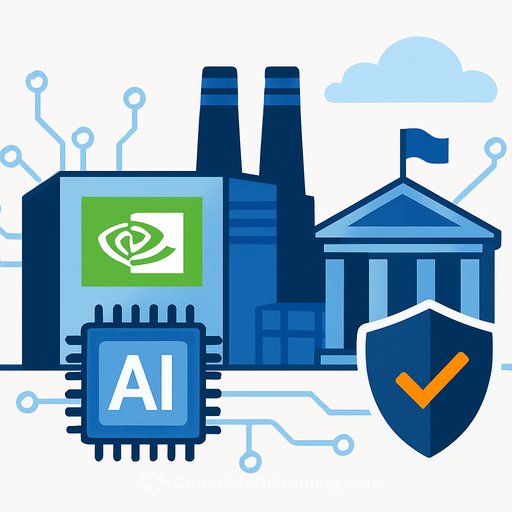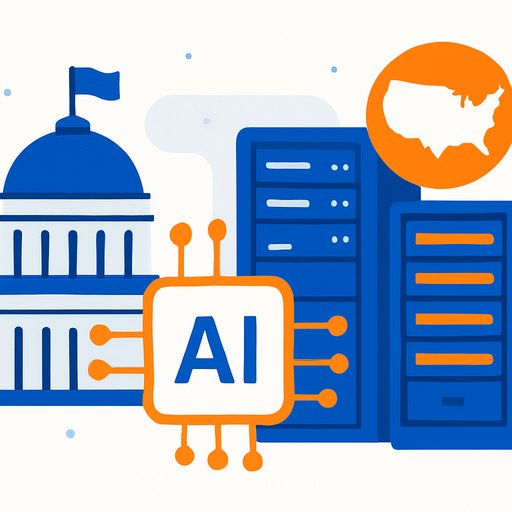Hong Kong Faces Challenges in Enforcing AI-Generated Content Labelling
Hong Kong is expected to encounter difficulties in enforcing regulations that require labelling of artificial intelligence (AI)-generated content on social media. This comes after mainland China introduced a law mandating clear identification of AI-produced materials to combat misinformation, deepfakes, and copyright violations.
Experts suggest that Hong Kong’s relatively small market size makes adopting an independent regulatory framework for generative AI less feasible. However, the increase in deepfake scams and misuse of AI tools highlights the need for tighter controls.
China’s New AI Labelling Law
China’s Cyberspace Administration, alongside other government bodies, launched a law requiring all AI-generated online content to bear explicit markings visible to users. Additionally, implicit identifiers such as digital watermarks must be embedded in metadata. Major Chinese platforms like Tencent, Douyin, Kuaishou, Bilibili, and DeepSeek have integrated features to comply with this law, which has been effective since March.
Platforms enforce compliance by limiting traffic, removing content, banning users, and cancelling revenue for those failing to label AI-generated content correctly.
Perspectives from Hong Kong Experts
Duncan Chiu Tat-kun, a lawmaker representing the innovation and technology sector, supports the law's potential to curb AI misuse in impersonation, scams, and copyright infringement.
Stuart Hargreaves, associate professor at the Chinese University of Hong Kong, notes that China’s ability to implement such laws stems from its tight internet control, which isolates its digital ecosystem from the global internet. This makes regulation more straightforward for Chinese authorities.
Hong Kong’s Current Approach
In April, Hong Kong’s Digital Policy Office released a non-binding framework titled Generative Artificial Intelligence Technical and Application Guidelines. These guidelines promote principles such as trustworthiness, transparency, and accountability across industries.
The Innovation, Technology and Industry Bureau emphasizes that while the guidelines encourage labelling AI-generated images and videos, all AI developers and platforms must adhere to existing laws concerning obscene material, intellectual property rights, and privacy.
The government acknowledges that social media operators already maintain community standards and policies to manage inappropriate content. It plans to monitor global trends and international best practices to refine Hong Kong's AI governance accordingly.
Challenges for Mandatory Labelling in Hong Kong
According to Hargreaves, Hong Kong’s open and small market complicates enforcement. Unlike the European Union, a large market where tech giants comply with strict regulations, Hong Kong risks losing services if regulations are too burdensome.
Johnny Ng Kit-chong, a lawmaker involved in tech start-ups, agrees that regulation will come with AI’s development but warns that overly strict laws might drive companies away from Hong Kong’s market.
Practical Issues in Defining AI-Generated Content
Hargreaves highlights the difficulty in defining what constitutes "AI-generated" content. Questions arise about whether AI-assisted image editing, machine-translated works, or AI-supported opinion pieces should require labelling.
He points to the European Union’s AI Regulation as a reference. This law, effective since August 2024, uses a risk-based approach, banning high-risk AI, imposing strict requirements on certain systems, mandating transparency for limited-risk AI such as deepfakes, and allowing low-risk AI with minimal obligations.
One potential path for Hong Kong is aligning with the EU model and encouraging overseas digital service providers to apply these standards locally.
Self-Governance and Industry Initiatives
Chiu notes that while governments often move slowly on AI legislation, industries frequently self-regulate. For example, in the US, large corporations form alliances promoting ethical and responsible AI practices.
For government officials managing digital policy, the balance between effective regulation and maintaining an open, competitive market will be key. Monitoring developments like the EU AI Act and China’s labelling law can inform practical frameworks suited to Hong Kong’s unique environment.
For those interested in expanding knowledge on AI governance and compliance, resources such as Complete AI Training offer courses and guidelines tailored to different sectors and skill levels.
Your membership also unlocks:





